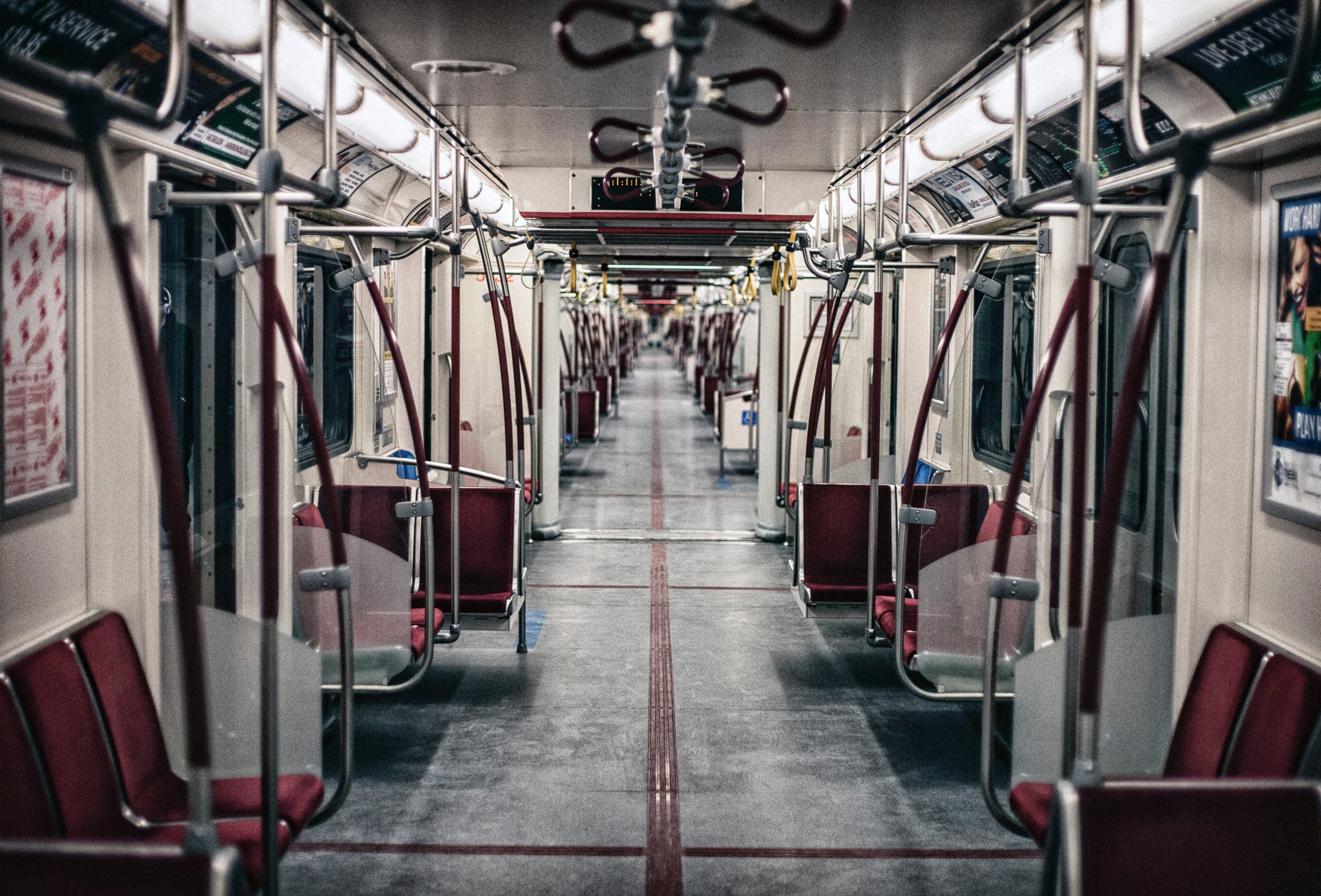If you think living in the suburbs is cheaper than living downtown, think again.
The latest data released by Canada Mortgage and Housing Corporation (CMHC) shows that, in the Greater Toronto Area (GTA), the added costs of commuting usually offset the savings achieved from buying a house in the suburbs surrounding Canada’s biggest city.
Homeowners attracted by cheaper houses with yards in the suburban regions of Greater Toronto make expensive tradeoffs in terms of the time and expense involved in commuting in and out of the downtown core, according to CMHC.
“It’s important that people are looking at the cost of commuting when they’re considering the cost of carrying a home,” said Andrew Scott, a Senior Analyst with CMHC, in a written news release.
Commuting costs impact on household budgets
In its report, entitled “GTA Location and Commuting Choices: The Effect of Commutes on Lower Priced Suburban Housing,” CMHC estimates that suburbanites spend $500 to $800 a month commuting to and from work – a substantial amount that adds to the overall cost of living outside Toronto. Commuting costs range from an average of about $200 a month in the City of Toronto, to more than $800 a month in outlying suburban communities such as Halton Hills, Georgina and Clarington. In the suburbs closest to Toronto, such as Mississauga, Richmond Hill and Pickering, the costs of commuting can be as high as $400 a month.
CMHC said it arrived at its conclusions by analyzing 2016 census data collected by Statistics Canada – looking specifically at housing and commuting costs. CMHC said that its conclusions only involve one person per household commuting daily into Toronto. If two people commute to different locations each day, the monthly costs can exceed $1,000. And the CMHC analysis does not include the cost of parking in Toronto, which can be more than $30 per vehicle a day.
Suburban house prices continue to rise
Add the costs of commuting and a mortgage together, and it’s easy to see that living in the suburbs is not much more affordable than living downtown. Furthermore, housing prices continue to rise in communities outside Toronto such as Oshawa and Pickering as a growing number of people leave the big city for what they think is a better deal in the suburbs. In communities such as Oakville and Markham, larger houses also mean the average house price can be comparable, or even higher, than in downtown Toronto, according to the Toronto Real Estate Board (TREB). And that’s without factoring in the commuting costs.
In fact, according to TREB data for 2018, the average price of a home in the City of Toronto was only $20,000 more than the average price of a home in the surrounding Greater Toronto Area — $762,627 in Toronto vs. $742,237 in the GTA. Online calculators at several banks show the monthly difference in mortgage payments between these amounts to be $100. But add in commuting costs of about $10,000 a year, plus parking, and the financial benefits of living in suburbia quickly evaporate.
A similar study by the Royal Bank of Canada and the Pembina Institute came to the same conclusions about Toronto and commuting. The study, which compared three-bedroom homes in different parts of the GTA found that “car ownership has a significant impact on monthly costs – for each vehicle removed from a household budget, approximately $200,000 more can be carried on a 25-year mortgage.” The study found that for a working couple with jobs in downtown Toronto, it is more affordable to live downtown and walk or bike to work than it is to live in a car-dependent suburban community.
To be fair, the Toronto house prices include condominiums, which tend to be smaller and don’t come with a yard. People who buy a home in the suburbs tend to get more house and a larger footprint that includes a yard than people who live in Toronto proper. When you compare detached and semi-detached houses, people in Toronto tend to pay, on average, $250,000 more than people in suburban communities. Townhouses in downtown Toronto cost, on average, $125,000 more than an equivalent sized property outside the city.
Commuters sacrifice time as well as money
But experts say that dollars and cents shouldn’t be the only measure used to evaluate the impact of commuting from the suburbs into Toronto for work. People considering a move outside the city should also factor in the time commitment – or time loss – involved in a daily commute. The same CMHC study found that people living in the GTA are spending more time each day commuting to work than ever before.
Currently, about 67% of commuters who live in Greater Toronto come into the city by car each day, with the average trip taking 45 minutes one way, or an hour and a half to work and home again. However, for the third of commuters who rely on public transit to get into Toronto, it takes them more than an hour one way – or two hours total – every single day to commute. That can add up to as much as 10 hours a week or 40 hours a month (the equivalent of an additional full week of work) spent commuting to work and back home.
And with people having to move further and further outside Toronto to find cheaper housing, the time spent commuting is only growing, according to CMHC. The number of people who spend an hour or more commuting into Toronto one way rose 16% between 2011 and 2016, data from the housing agency shows.
Do the math before deciding where to live in Greater Toronto
The time spent commuting just might not be worth it. In the suburban community of Burlington, for example, CMHC calculated only a small difference in overall monthly costs when combining mortgage and commuting expenses: $4,216 in Burlington vs. $4,424 in Toronto (a savings of $208) — but with an additional 23 hours a month spent commuting. The bottom line is that you should do the math and factor in the costs of commuting before assuming that living in the Greater Toronto Area is cheaper than living in the city’s downtown core.
What is your experience with commuting in the Greater Toronto Area?







